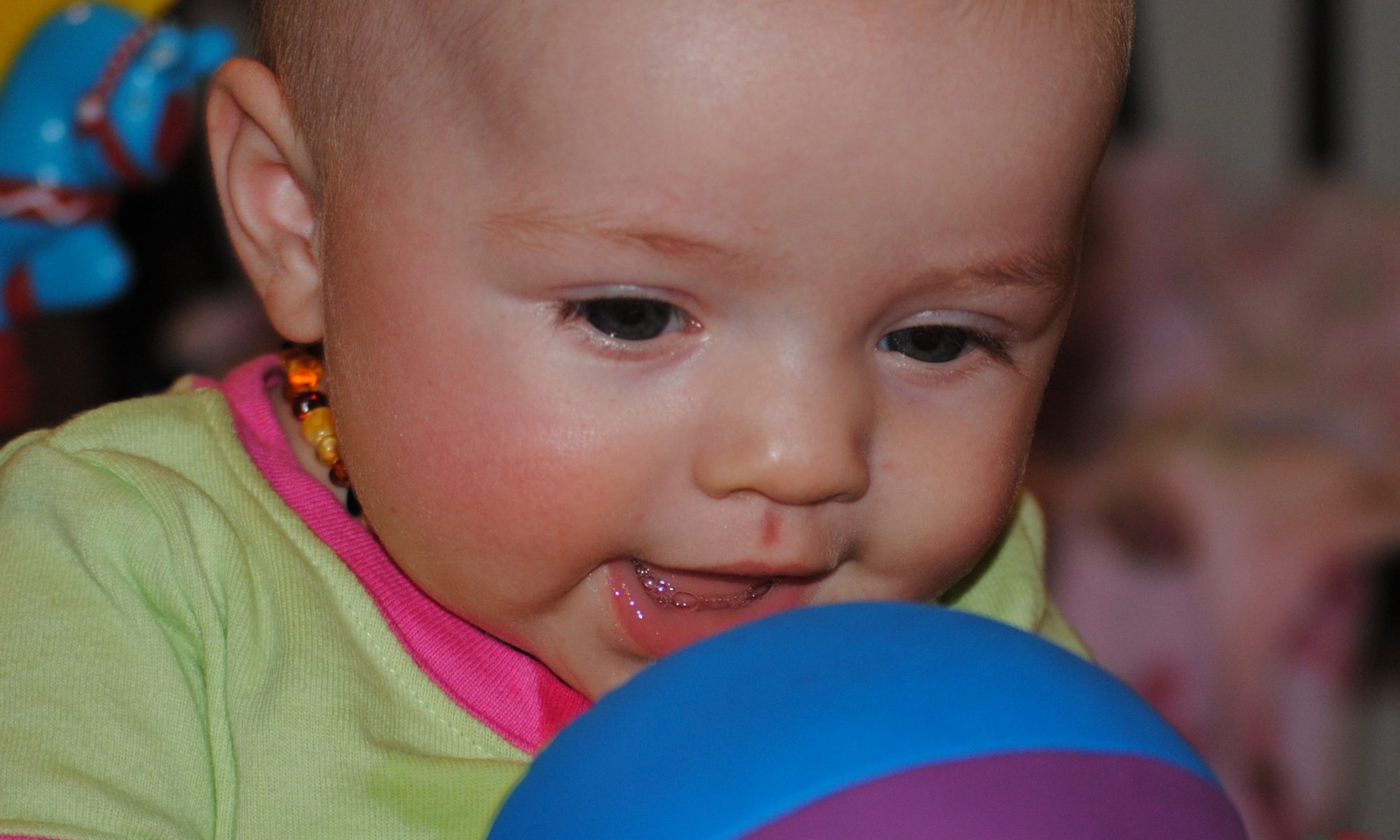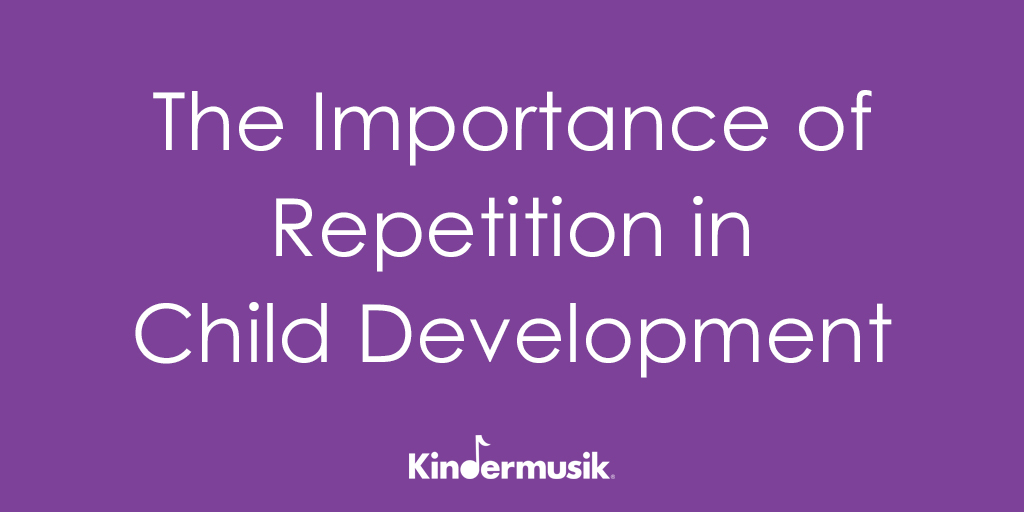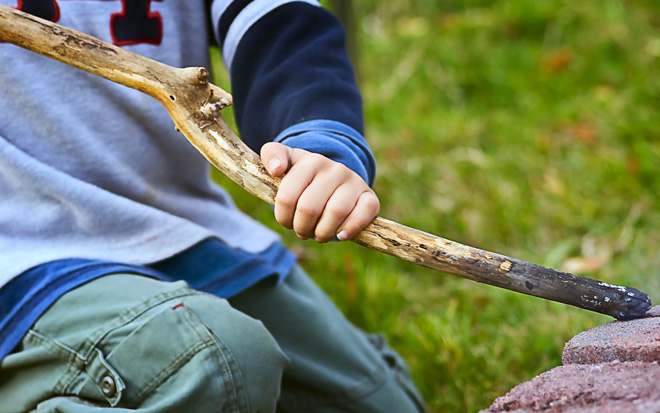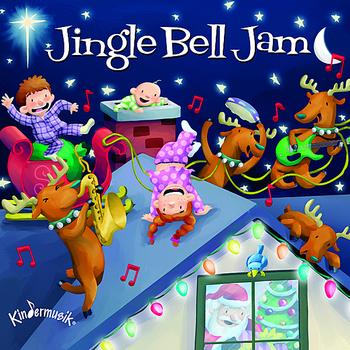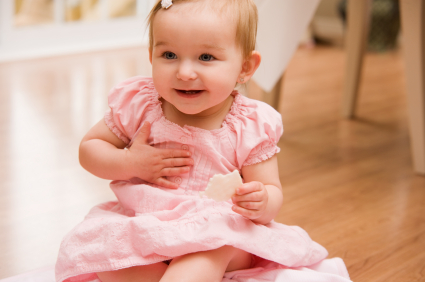 Moving with a prop provides an excellent opportunity for multi-sensory learning. Gliding a hoop through the room to music, for example, engages the senses of touch, hearing, and sight. Moreover, children can visualize the
Moving with a prop provides an excellent opportunity for multi-sensory learning. Gliding a hoop through the room to music, for example, engages the senses of touch, hearing, and sight. Moreover, children can visualize the
rhythm and melody and physically apply what they are hearing when they move their props. Props are a fun way to experience music and movement concepts!
Resources for parents: Make your own props by recycling simple things around the house. An oatmeal container can become a drum. A paper towel tube can become a conductor’s baton or a fairy princesses’ scepter. Empty boxes can become a jack-in-the-box toy to hide in and jump out of. A shoe box can become a stringed instrument by cutting a whole in the top and stretching some rubber bands across it. Sturdy paper plates can be filled with dried pasta and securely fastened together to make a tambourine shaker. What excites your child’s imagination and gets them moving around?
– Contributed by Theresa Case, whose Greenville, SC program, Kindermusik at Piano Central Studios, is proudly among the top 1% of Kindermusik programs worldwide.

